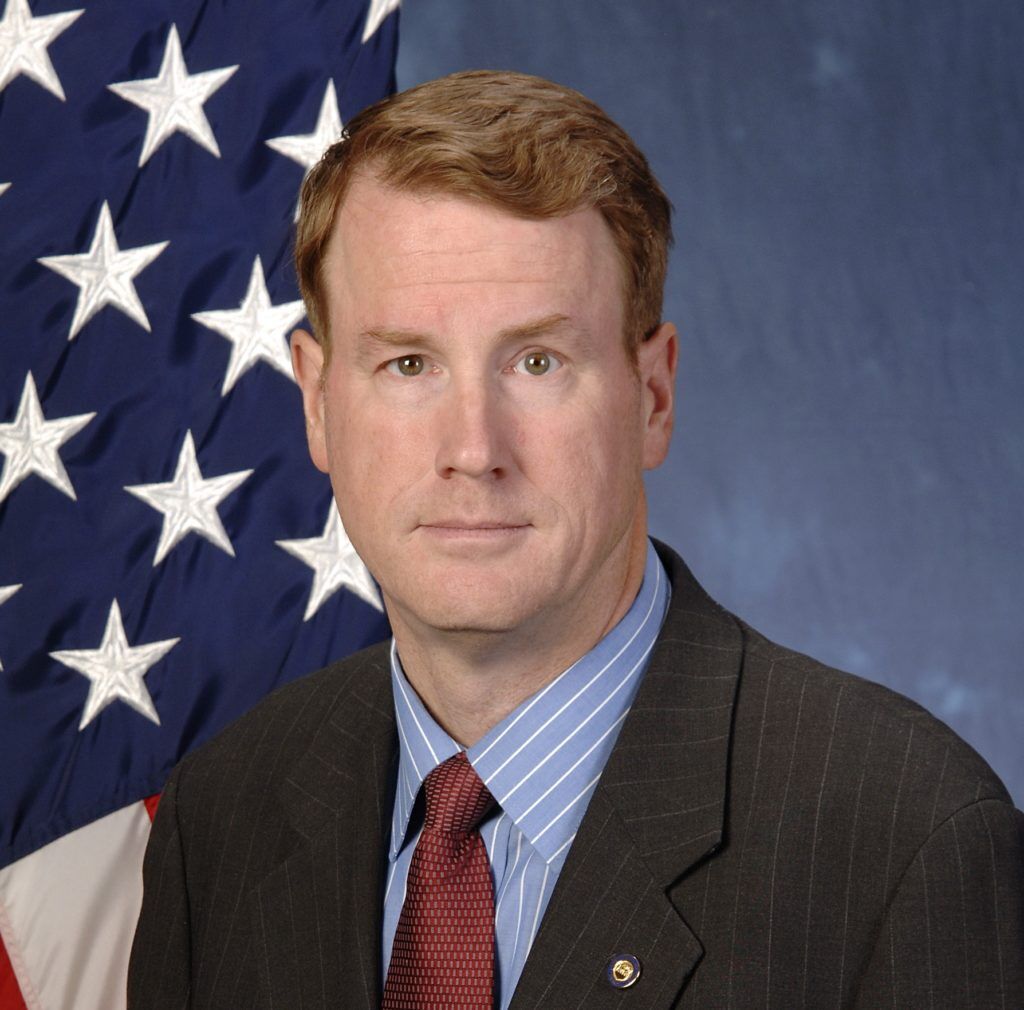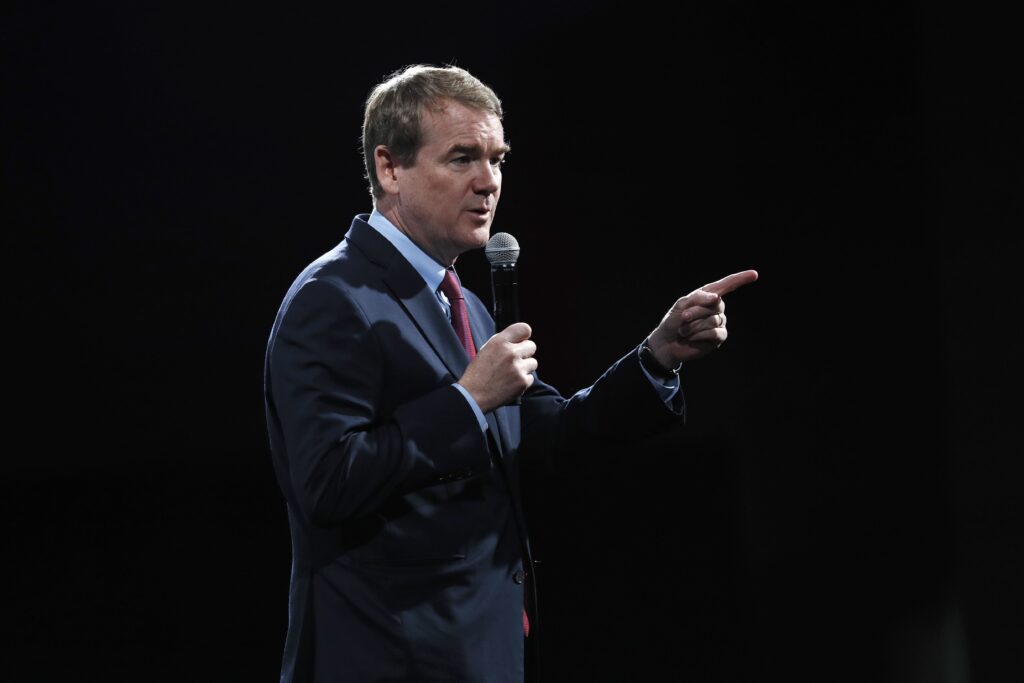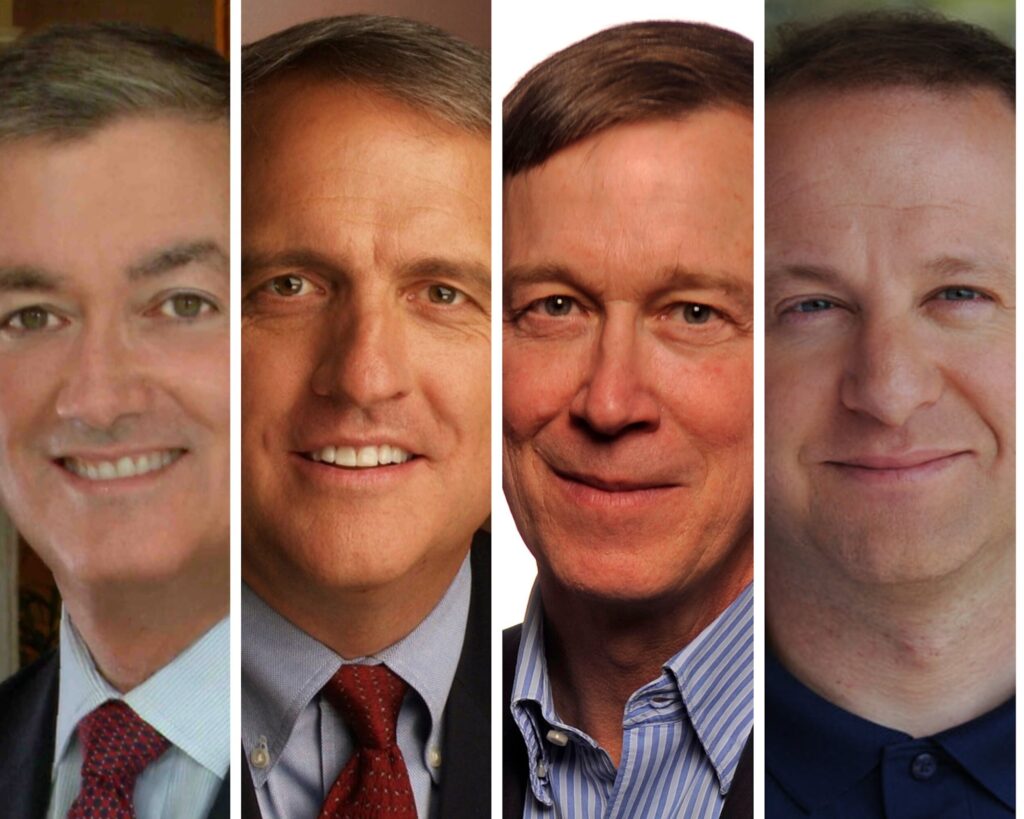BIDLACK | Is there a right to be left alone?


There is no right to privacy listed in the Constitution. Neither the main body of the document, nor the amendments, specifically list privacy as a right held by Americans. Yet most of us assume that we are to be free from government intrusion in our lives through some sort of constitutional protection.
And that is partly correct.
Over the years, our nation has evolved in its thinking regarding a number of constitutional issues, and privacy is certainly one area where we have evolved. Various Supreme Court decisions have played a role in that evolution, but the essentials of privacy were perhaps best spelled out by one of my all-time favorite Supreme Court justices, William O. Douglas, who argued that the fundamental purpose of the Constitution is to keep the government off the peoples’ backs.
And his majority opinion in the very famous case of Griswold v. Connecticut found that privacy was, in fact, a fundamental right. While no specific references can be found in our founding documents, Douglas argued that the right to privacy is found in the “penumbras” of several key documents, including the First, Third, Fourth and Ninth Amendments. A penumbra, by the way, is a particular type of shadow created during an eclipse, and so Douglas was saying that there was a clear intent to provide privacy to Americans, even if it not directly stated.
I thought of Griswold this morning as I read an interesting story in Colorado Politics. It seems a federal magistrate judge has ordered the Hyatt Hotel chain to release the names of guests that stayed in a Boulder hotel back on a particular date in 2018. A couple had plans to spend the night there when the husband became ill in the lobby and passed out, resulting in a trip to the local ER. Upon returning to the hotel, the guest continued to feel ill, and they smartly bought a CO2 detector, which, they assert, immediately started to go off. The couple alleges the hotel staff did nothing, and ultimately it was the ER doctor who called the fire department. Upon arriving at the hotel, the FD detected CO2 levels way above the number of parts per million that can make people sick. The boiler appears to be the culprit.
I know you’ll be shocked to hear this, but a lawsuit was filed.
And here is where it gets interesting, privacy-wise. The couple want the hotel to turn over to them the names and contact information of the other guest in the hotel that night back in 2018. Hyatt worries, reasonably so, I’d think, that those people would then be contacted by the couple’s legal team in hopes of adding additional people to a class-action lawsuit – a suit that could, conceivably, ultimately prove quite costly to Hyatt.
So all this brings us back the admonition of Justice Douglas that the Constitution was to keep the government off our backs. How would you feel if you had been one of the guests in the hotel that night? You might well expect that your business with the hotel would be just that – your business. While I can see that some folks might be very open to being contacted and perhaps even joining in the class-action suit, I can also imagine other folks who absolutely do not want to be publicly identified for a variety of reasons – be they personal or professional. The Hyatt folks got another judge to jump in and (at least for the moment) put a hold on the release of names, and the matter will continue to play out in the courts.
So how far does your right of privacy go?
You may recall that then-President Gerald Ford survived two different assassination attempts. In the second one, as a woman aimed her pistol at Ford in San Francisco, a hero named Oliver Sipple – a Marine Corps vet with two Purple Heart medals – grabbed her arm and pushed, so that her shot missed the president. Here’s the thing though: Sipple was a gay man who acted on instinct to save Ford. The press thought his being gay was a great angle, given Ford’s not exactly evolved view on gay rights, and they made a big deal out of Sipple’s orientation. But Sipple was in the closet and his family did not know he was gay. They cut off all contact with him and his church denounced him. His life was horribly altered by his heroism.
Sipple would be found dead 14 years later alone in his apartment, a bottle of bourbon on the floor and a framed thank-you letter from Ford on the wall. Sipple’s loss of privacy, due to his heroism, ruined his life. You can read more about this great American here.
While Sipple is perhaps the most dramatic example of how a loss of privacy can be detrimental to one’s happiness, there is no way to know what secrets, if any, the other guests at the Hyatt on that long ago night might have. Does one person, injured by a business’s negligence, have a right know who else might have been involved? I can certainly agree that the couple could, for example, put out advertisements asking for volunteers to come forward who were there that night, but do they have a right to know who was there, absent those folks coming forward?
As I’ve often commented, our system is about rights that are in conflict. It will be interesting to see what the court decides. In the meantime, please remember and reflect upon Oliver Sipple and his sacrifice.
Hal Bidlack is a retired professor of political science and a retired Air Force lieutenant colonel who taught more than 17 years at the U.S. Air Force Academy in Colorado Springs.












